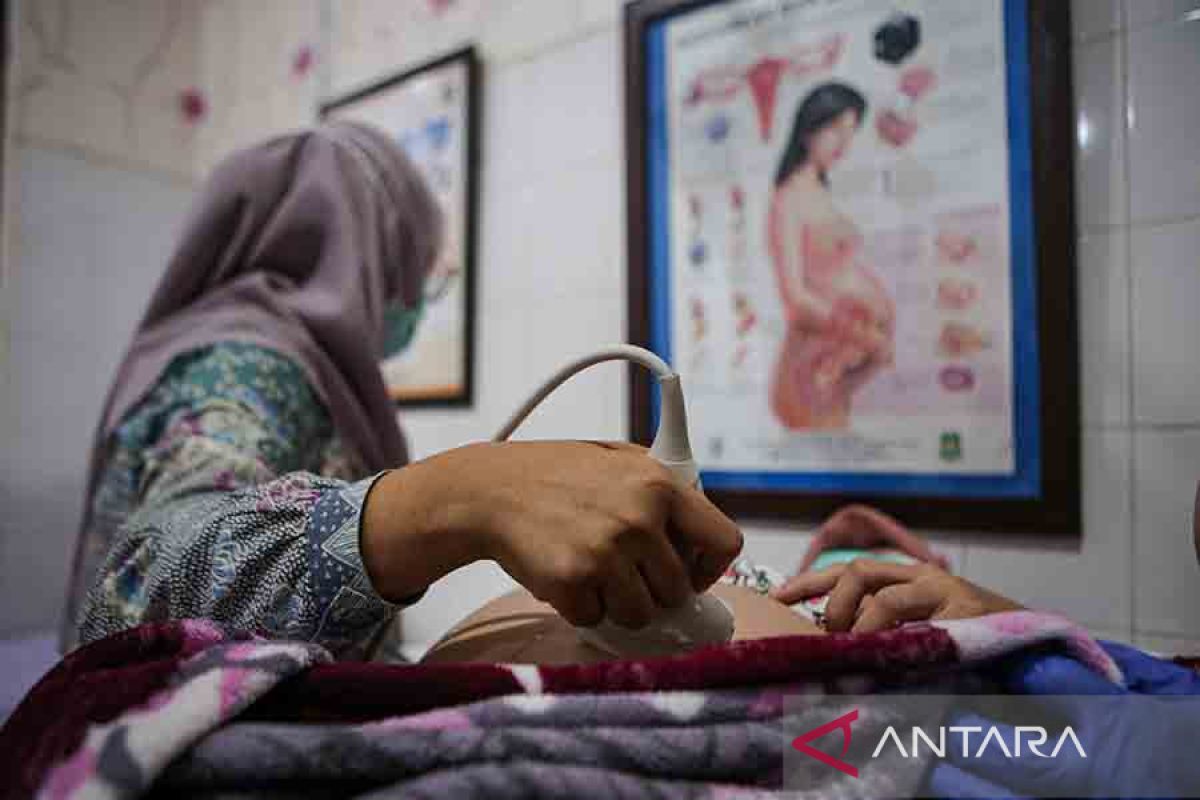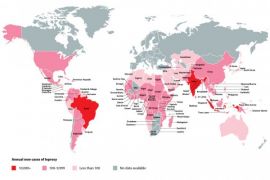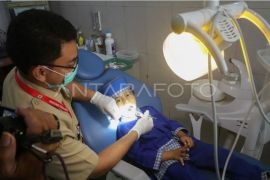"The number of mortality cases in women giving birth is mostly caused by delays in primary services to referral hospitals," he stated during the "National Survey of Community Health Centers During a Pandemic" webinar in Jakarta on Monday.
He mentioned that his team has implemented three main initiatives for preventive primary care, one of which focuses on improving maternal and child health.
Regarding children, the government monitors their growth and development by re-promoting the role of integrated health posts (posyandu) through the provision of standard anthropometric tools in all regions, he explained.
The ministry has divided screening activities into three types, namely prenatal check-ups (ANC), which were previously conducted only four times but will now be carried out six times during pregnancy.
"This includes two ultrasounds with doctors in the first and third trimesters at the community health center (puskesmas). We have distributed ultrasound tools to puskesmas, and we are educating doctors at puskesmas on how to operate the tools," he remarked.
Harbuwono noted that through the ANC examination, health personnel can conduct early detection to identify mothers at high risk of experiencing bleeding, infection, or previously unknown diseases during pregnancy.
Another goal is to reduce the maternal mortality rate during childbirth due to early deaths on the road caused by the delayed referral process from the health center to the hospital, he explained.
"With an ultrasound, the doctor can perform an examination right from the start. Thus, the doctor can immediately refer the delivery to the hospital rather than at the puskesmas," he stated.
The second screening aims to detect breast cancer, which is currently the leading cause of death among mothers in Indonesia, he revealed.
He explained that the third screening aims to strengthen screening for congenital heart disease at the puskesmas by using a Neonatal Pulse Oximetry device for newborn children. The second initiative is related to routine basic immunization for children.
Harbuwono stated that the number of vaccines included in the program and must be given has changed from 11 to 14 types.
The three new additional types of vaccines are the Human Papillomavirus (HPV) vaccine to prevent cervical cancer in girls, the PCV vaccine to combat pneumonia, and the Rotavirus vaccine that protects children from diarrhea, two of the five leading causes of under-five mortality in Indonesia.
Meanwhile, the last initiative to improve primary care is to screen the 14 leading causes of death for each age group, such as congenital hypothyroidism, thalassemia, anemia, and stroke, he explained.
Harbuwono mentioned that the Health Ministry is negotiating with the state health insurer, BPJS Kesehatan, to cover medical check-ups for screening diseases that cause the highest number of deaths in each age group.
"We want the screening to be carried out in primary care," he remarked.
Related news: Stunting reduction aimed at maintaining mother, child health: BKKBN
Related news: Health Bill cares for maternal health since before pregnancy: Ministry
Translator: Hreeloita Dharma S, Resinta S
Editor: Anton Santoso
Copyright © ANTARA 2023












